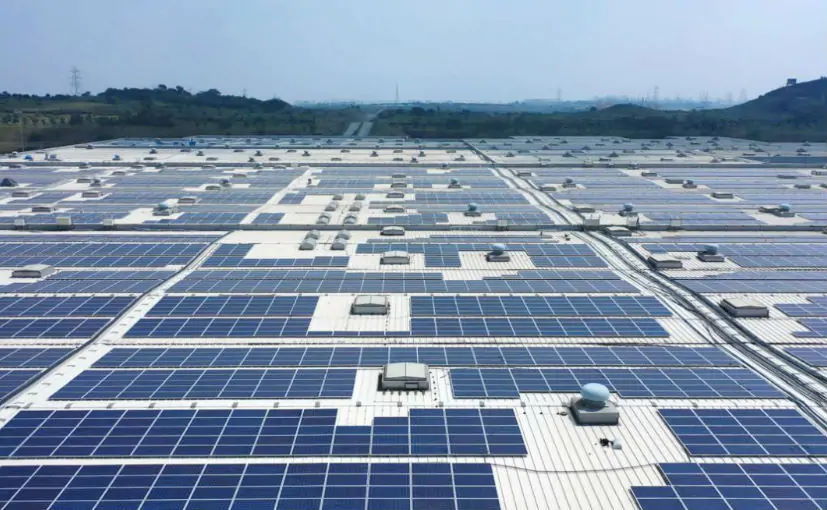India’s cumulative installed capacity of rooftop solar stood at 5440 MW as on December 31, 2019, with 1534 MW added in the calendar year 2019.
Of the total 5440 MW, commercial and industrial (C&I) rooftops accounted for 3964 MW, residential 748 MW and public sector installations 728 MW – according to the latest rooftop solar map released by consultant Bridge To India.
Capex rules!
The capital expenditure (capex) payment model, under which systems are bought and owned by consumers, accounted for the majority (72%)—3917 MW—of rooftop installations.
The remaining 28% (1523 MW) was installed under the operating expenditure (opex) alternative—wherein systems are owned and installed by third-party investors.
Maharashtra leads
Maharashtra is the largest rooftop solar base with 812 MW of generation capacity, comprising 595 MW of industrial systems, 160 MW of commercial and 57 MW of public sector arrays.
Rajasthan, with 482 MW of rooftop capacity, ranks next—closely followed by Tamil Nadu at 464 MW.
In all these three states together, industrial sector accounts for bulk (75%) of the rooftop installation.
States with the lowest rooftop solar installation include Himachal Pradesh (10 MW) and Bihar (22 MW).
Top players during 2019
During year 2019, China’s Growatt emerged as the largest rooftop inverter supplier, claiming around 21% of the 1534 MW market, followed by rivals Solis (18%) and Sungrow (17%).
Cleantech Solar—with a 15.4% market share—was the leading solar rooftop developer, followed by Fourth Partner (12.3%) and Amplus (11.7%).
This content is protected by copyright and may not be reused. If you want to cooperate with us and would like to reuse some of our content, please contact: editors@pv-magazine.com.









3 comments
By submitting this form you agree to pv magazine using your data for the purposes of publishing your comment.
Your personal data will only be disclosed or otherwise transmitted to third parties for the purposes of spam filtering or if this is necessary for technical maintenance of the website. Any other transfer to third parties will not take place unless this is justified on the basis of applicable data protection regulations or if pv magazine is legally obliged to do so.
You may revoke this consent at any time with effect for the future, in which case your personal data will be deleted immediately. Otherwise, your data will be deleted if pv magazine has processed your request or the purpose of data storage is fulfilled.
Further information on data privacy can be found in our Data Protection Policy.